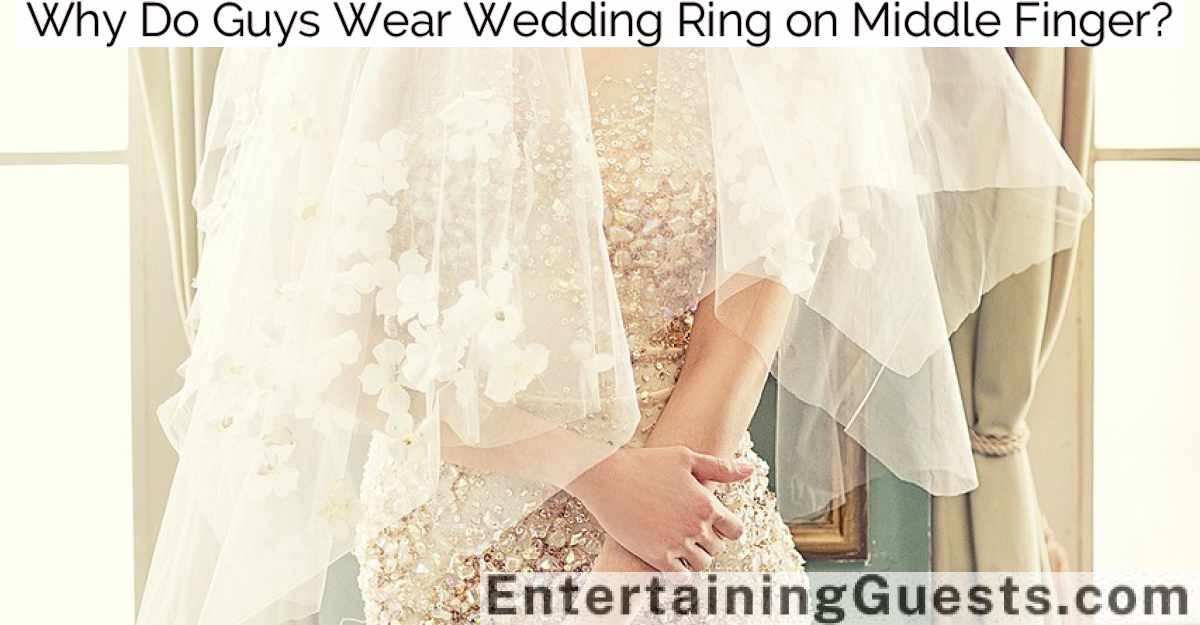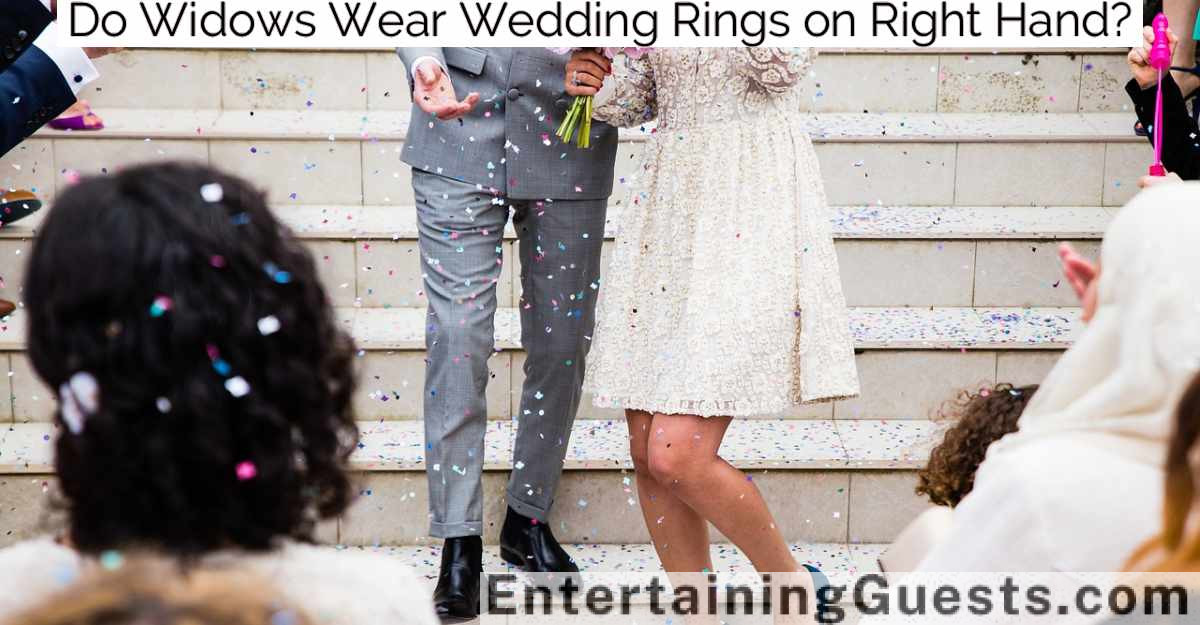No, it is not inherently disrespectful to not wear your wedding ring.
Personal, professional, or cultural factors can influence this decision. Some individuals may encounter practical difficulties such as job-related safety issues or skin allergies that prevent them from wearing a ring comfortably. Others might fear losing a valuable piece.
While wearing a ring is traditionally seen as a symbol of commitment, different beliefs or lifestyle choices can lead individuals to express their love and fidelity in other ways.
It is essential to discuss this choice with your partner to ensure mutual understanding and alleviate any potential concerns. Understanding the varied significance of wedding rings can offer deeper insight into this tradition.
Symbolism of the Wedding Ring
Throughout history, the wedding ring has served as a powerful symbol of commitment and enduring love between partners. When you wear your wedding ring, it publicly announces your decision to unite with your loved one, showcasing your commitment to the world.
It’s a small, continuous reminder of the promises you’ve made to each other. The circle of a wedding ring represents infinity, a line that never ends, symbolizing a love that’s meant to last forever.
It’s typically worn on the fourth finger of the left hand, based on the ancient belief that this finger houses a vein leading directly to the heart. This romantic notion highlights how deeply intertwined your love and commitment are.
Wearing your ring can also provide you with a sense of belonging and a tangible connection to your partner, especially when you’re apart. It’s a personal and constant touchpoint that connects you to your significant moments and memories.
It’s not just about tradition; it’s about carrying a piece of your shared life and love with you every day. Whether you see it as a personal choice or a meaningful tradition, the symbolism of the wedding ring holds a unique significance in many cultures and relationships.
Reasons for Not Wearing a Ring
While many cherish the tradition of wearing a wedding ring, there are several valid reasons why someone might choose not to wear one.
You might work in a profession where wearing jewelry poses a safety hazard. Jobs in healthcare, construction, or mechanical fields often discourage or even prohibit accessories that could get caught in machinery or interfere with sterile environments.
You could also have personal health issues like allergies to certain metals, or conditions such as eczema or swelling that make wearing rings uncomfortable or harmful. It’s essential to prioritize your health and safety over tradition.
Additionally, some people simply have a lifestyle or personal preference that doesn’t align with wearing jewelry. If you’re someone who enjoys rigorous outdoor activities or sports, a ring can become more of a nuisance than a symbol of love.
Furthermore, the fear of losing such a precious item might outweigh the desire to wear it daily. The emotional and financial implications of losing a wedding ring can be significant, making it understandable why you might opt to keep it in a safe place instead.
Cultural Variations and Expectations
Understanding cultural norms can also shed light on the practices surrounding wedding rings. In many Western societies, you’re likely familiar with the tradition of wearing a wedding ring as a symbol of marital commitment.
However, this isn’t a universal standard. For instance, in some cultures, wedding rings aren’t part of marriage rituals at all. In others, the ring might be worn on different fingers or hands depending on local customs or religious beliefs.
You might find that in some Eastern European countries, wedding rings are traditionally worn on the right hand, not the left. This switch might seem minor, but it’s deeply rooted in religious and cultural identities.
Meanwhile, in certain parts of Asia, jewelry isn’t used to signify marriage at all. Instead, other symbols like clothing or specific colors might hold the weight of this significant life commitment.
It’s important to remember that these variations aren’t just trivial differences but reflections of rich histories and beliefs.
Impact on Relationships
Many relationships may feel the strain when one partner chooses not to wear a wedding ring, as it can be perceived as a lack of commitment or emotional investment.
You might find yourself in a situation where your decision not to wear the ring leads to misunderstandings or feelings of insecurity in your partner. It’s essential to recognize that feelings of hurt or rejection can emerge, even if that wasn’t your intention.
On the flip side, it’s also possible that your partner understands your reasons, whether they’re related to personal comfort, safety concerns, or a lifestyle that doesn’t align with wearing jewelry regularly.
Communication becomes key here. Discussing the reasons behind your choice can help mitigate any negative feelings and strengthen your bond.
Alternatives to Wearing a Ring
If wearing a traditional wedding ring doesn’t suit your lifestyle or preferences, consider exploring various alternative symbols of commitment that maintain the significance of the union without the need for a ring.
You’re not alone in seeking options that better fit your daily activities or personal style.
One popular choice is a tattoo ring. It’s permanent, personal, and can’t be lost or forgotten. You could opt for a simple band design or something that symbolizes your relationship uniquely.
If you’re not keen on tattoos, how about a necklace with a pendant that holds special meaning for both of you? It’s a discreet yet constant reminder of your bond.
Another alternative is using a different type of jewelry, like a bracelet or a watch, engraved with your wedding date or a mutual quote that resonates with your partnership.
These items can be just as symbolic as a traditional ring and often more practical.
For those who prioritize functionality, consider silicone rings. They’re durable, inexpensive, and comfortable, especially suitable if you’re involved in manual work or sports.
Conclusion
Ultimately, whether you wear your wedding ring is a personal choice that reflects your unique situation and values. Different cultures and individuals view this practice in varied lights. It’s important to communicate with your partner about your choice, ensuring it aligns with mutual expectations and comfort levels. Remember, the commitment in your heart is what truly matters, and there are many ways to express and honor that bond beyond just wearing a ring.







